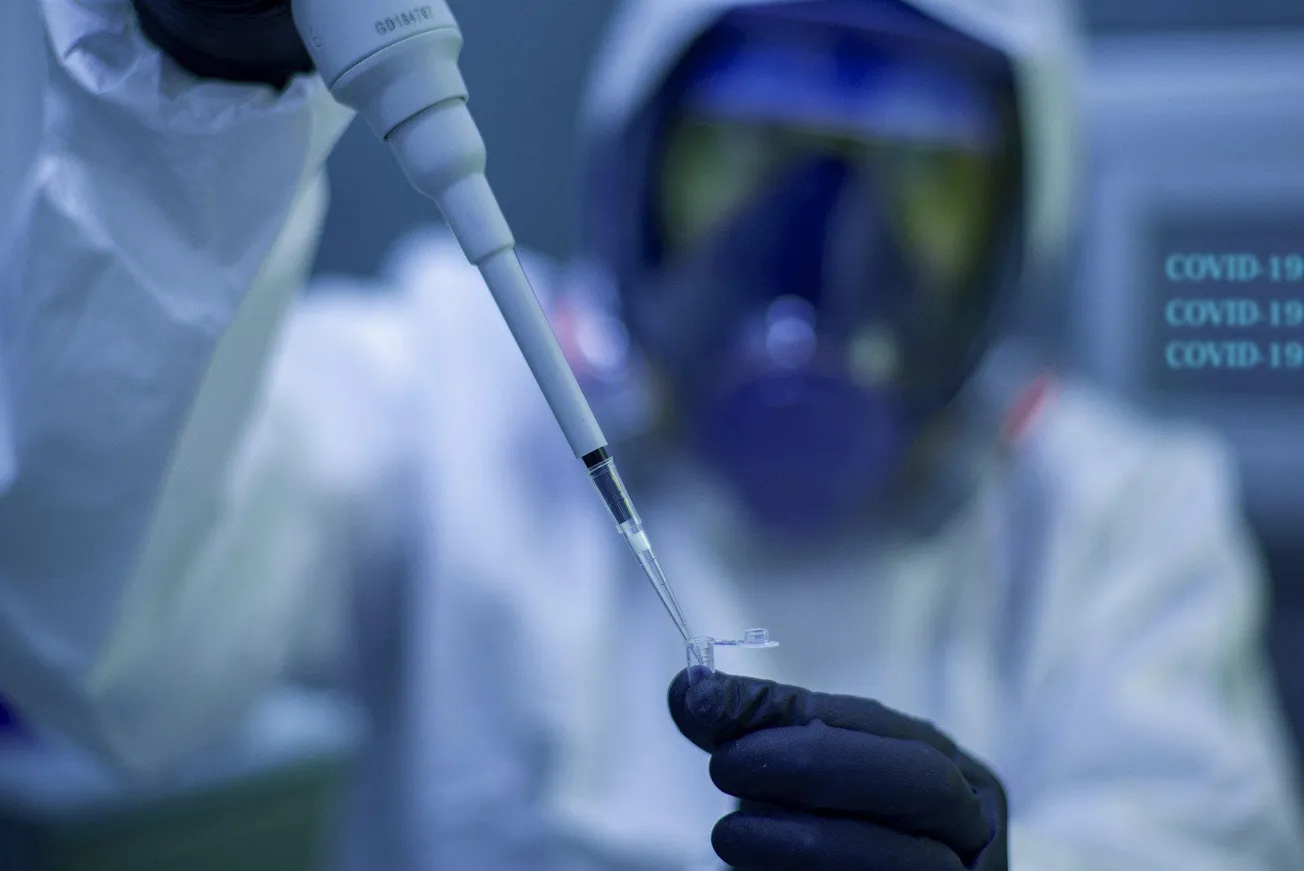In a beautiful display of scientific optimism, Cuba’s prestigious Finley Vaccine Institute (IVF) and Iran’s Pasteur Institute have joined forces to produce a COVID vaccine—based on Cuba’s Soberana-2 vaccine—which is finishing phase-three clinical trials and is being applied in Iran under the name “Pastu-Covac.” These two countries, victims of vicious sanctions, and in Cuba’s case a 60-year-long U.S.-imposed blockade, have overcome the odds and established a rich collaboration in biotechnology, genetic engineering, and scientific research which allows them to vaccinate their own populations and address other medical issues as well.
On July 26, IVF director Dr. Vicente Verez Bencomo, who was in Tehran with a scientific delegation, held a press conference with Foreign Minister Mohammad Javad Zarif and Alireza Biglari, director of the Pasteur Institute, to highlight the two nations’ scientific cooperation. Dr. Verez told his hosts that normally it takes 15 years to develop a vaccine from scratch, but, as a result of the joint collaboration with the Pasteur Institute, the vaccine was produced in 12 months, with excellent results. Through the phase-three trials, it was found to have a 92% efficacy rate. Dr. Biglari pointed out that the Pastu-Covac is the only vaccine in the world that can fight several mutations simultaneously, The Tehran Times reported him as saying. For this reason, global demand for the vaccine is growing daily. By July 10, he had reported that phase-three clinical trials were underway in eight cities, and that the vaccine would be administered to 24,000 people by August 20. Once trial results are available, they will be submitted to the World Health Organization for approval.




